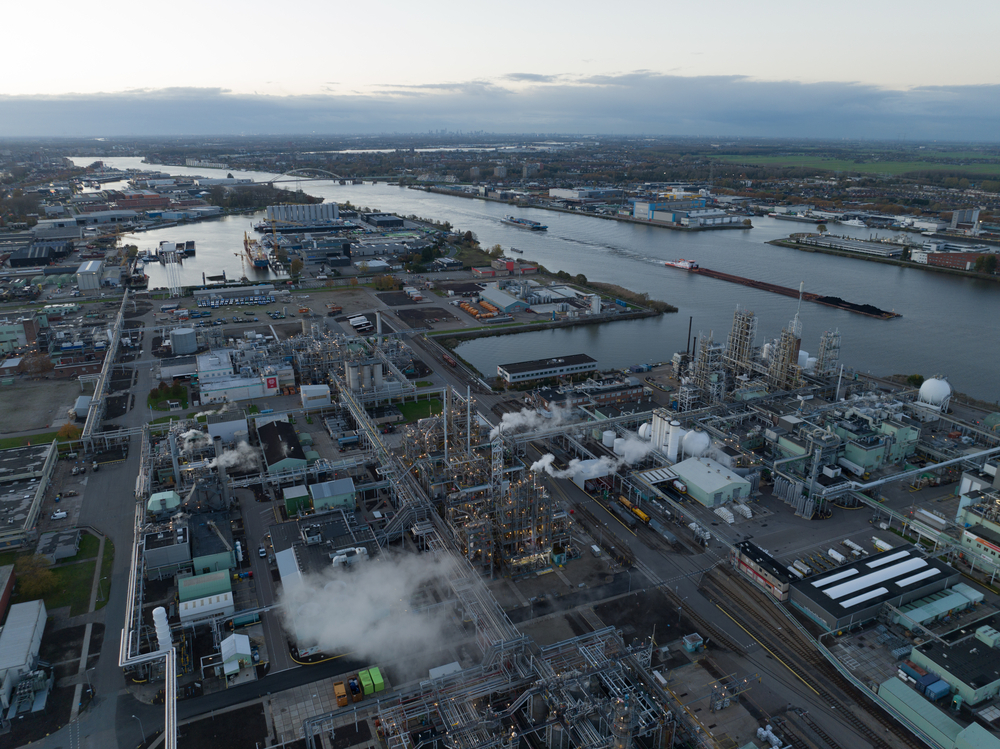Unusual levels of PFAS found in 170 lake and river locations

Researchers have identified 170 locations where “unusual” concentrations of PFAS are present in Dutch lakes, rivers, and ponds, the infrastructure inspectorate said on Tuesday.
University of Utrecht researchers were commissioned by the inspectors to carry out a wide-ranging analysis to identify where PFAS may be present in water destined for human consumption. The data, which dates from 2018 to 2023, was drawn from government and water board testing results.
PFAS, known as forever chemicals, are present in a wide range of products, such as non-stick pans and waterproofing, but also in pesticides.
Researcher Chiel Jonker said it was sometimes possible to identify the source of contamination in rivers and lakes because it was linked to companies allowed to discharge PFAS in the area.
“But in many other cases, it was difficult to point to a specific source, and we made suggestions for potential ones,” he said.
The inspectorate will continue research into PFAS sources this year using more up-to-date data, together with the transport ministry’s waterways department, water boards, and local government bodies.
The Financieele Dagblad reported last month it could cost billions of euros to clean up PFAS pollution in the Netherlands, given the “forever chemicals” could be present in up to 1,000 locations.
The first 28 clean-up projects have a price tag of almost €70 million, including an old factory site in Enschede and the former Soesterberg army base, which alone is set to cost €22 million. Much of the cost will fall to the government, as the companies responsible either no longer exist or have gone bankrupt.
PFAS pollution is a growing problem in the Netherlands. In July, government officials issued stronger warnings against allowing children to play in sea foam at the beach, as it may contain high concentrations of PFAS.
Eggs
High levels of PFAS chemicals have also been detected in eggs from hens kept as a hobby across the country.
In 2023, the RIVM advised hobby fishers to sharply reduce their consumption of fish, shrimp, oysters, and mussels caught in the Westerschelde estuary due to chemical pollution.
At the end of last year, junior environment minister Chris Jansen told MPs that all types of PFAS are to be included on the official Dutch list of “substances of very high concern.” This means all companies using them must minimise their use and prevent emissions entirely.
Thank you for donating to DutchNews.nl.
We could not provide the Dutch News service, and keep it free of charge, without the generous support of our readers. Your donations allow us to report on issues you tell us matter, and provide you with a summary of the most important Dutch news each day.
Make a donation